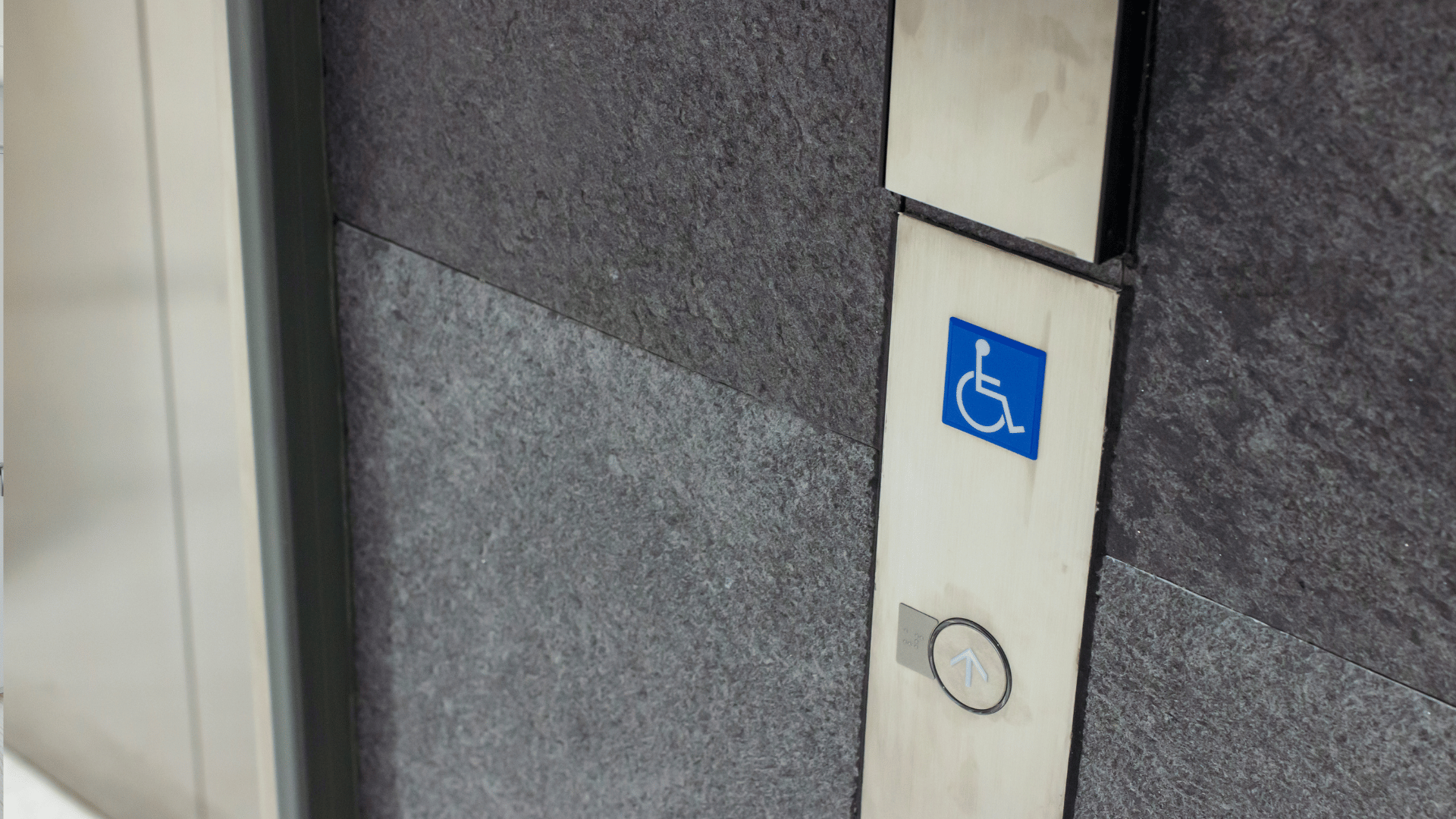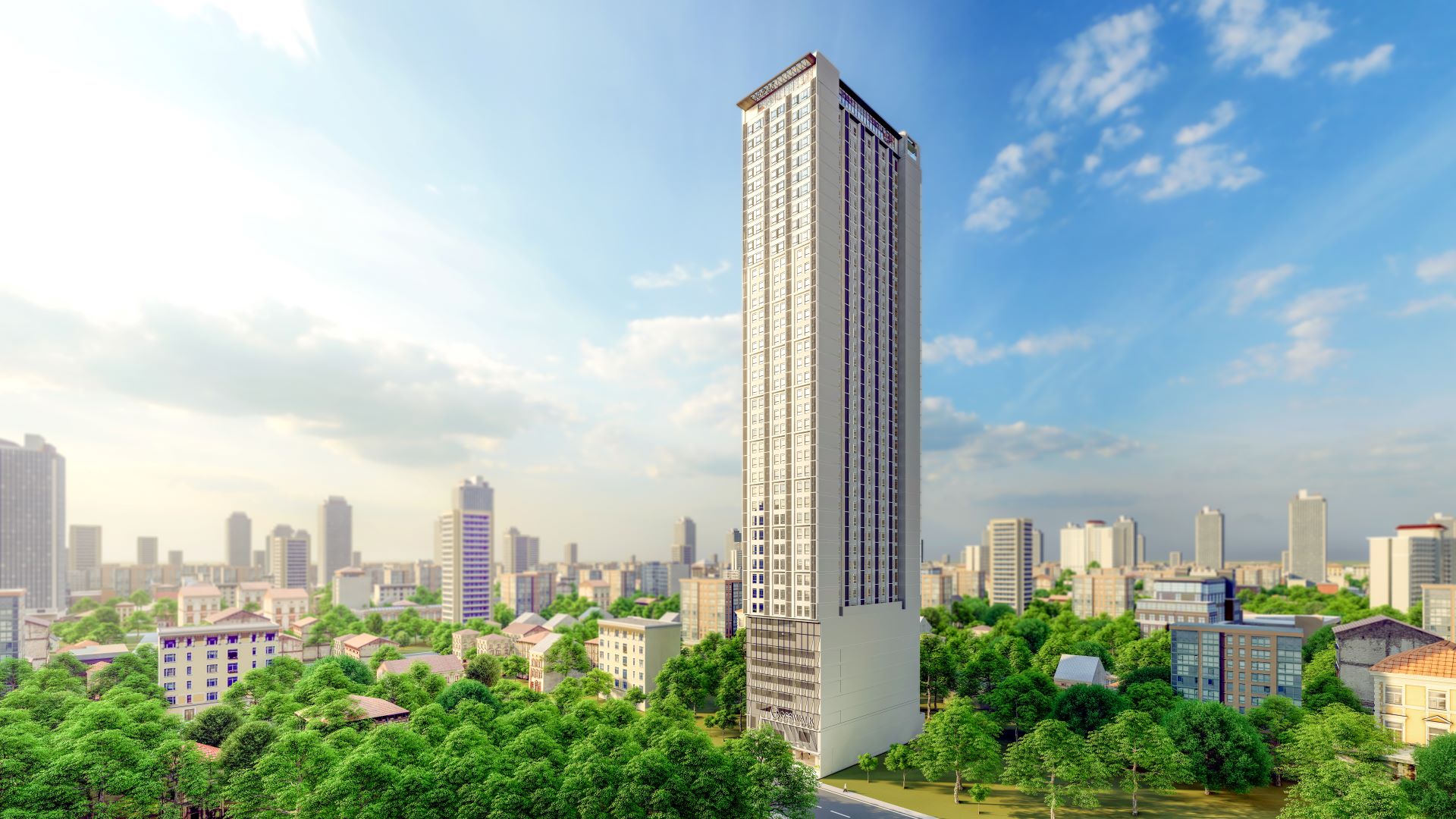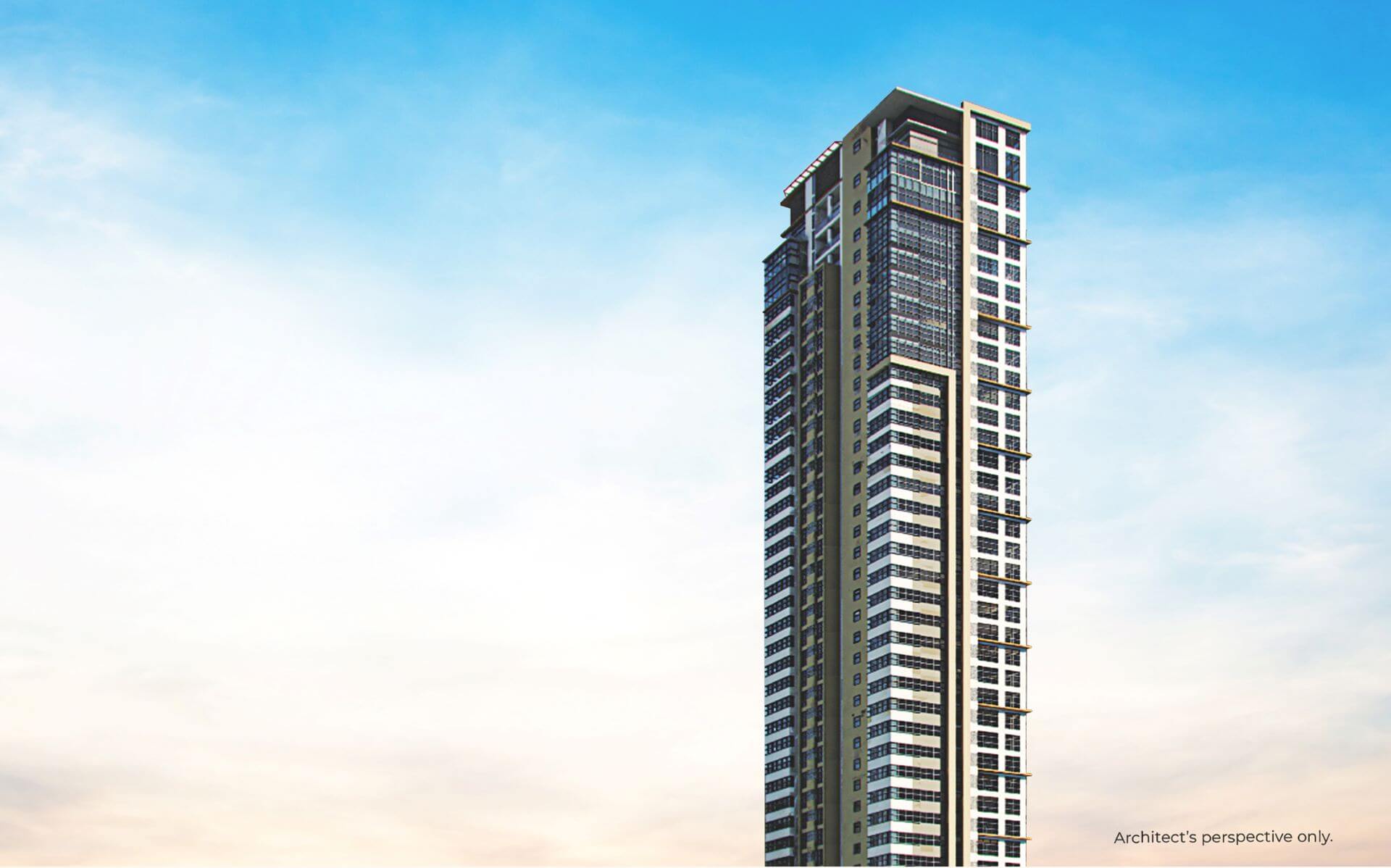In the process of purchasing a condo, many factors come into play, such as location, size, amenities, and price. Yet, amidst these considerations, one crucial aspect often overlooked but of immense significance is accessibility.
Whether buying a condo for a personal residence or investment purposes, considering accessibility profoundly influences not only your quality of life but also the value of your investment and your contribution to fostering an inclusive society.
What is the meaning of accessible living?
The importance of accessibility cannot be overstated, as it touches upon fundamental principles of equity, inclusivity, and human rights. Accessibility contributes to the health and well-being of individuals by promoting activity, social interaction, and community engagement.
Facilities and amenities make it easier for people with disabilities to stay active, access healthcare services, and participate in recreational activities, thereby enhancing their overall quality of life and mental health.
Accessible living refers to the design and organization of living spaces, buildings, and communities to accommodate individuals with disabilities or mobility limitations. Accessible living environments are designed with features and modifications that allow people with disabilities to navigate, interact with, and use spaces independently and safely.
This includes features such as ramps, wide doorways, grab bars, accessible parking spaces, elevators, and tactile or auditory cues for individuals with visual impairments. Accessible living aims to promote inclusion, equality, and independence for people of all abilities, allowing them to participate fully in everyday activities and enjoy a high quality of life.
Designing for accessibility often spurs innovation and creativity in architecture, technology, and product design. By thinking inclusively and considering all the requirements and diverse needs of users, designers and developers can create solutions that benefit everyone, not just individuals with disabilities. This inclusive approach drives progress and innovation in various fields, leading to more sustainable and inclusive societies.
The Relevance of Accessibility in Buying a Condo
Accessibility isn't merely a matter of convenience; it's a fundamental aspect of ensuring equal participation in society. For individuals with disabilities, accessibility can be the difference between leading an independent life and facing insurmountable barriers.
Prioritizing accessibility in your condo purchase is a form of future-proofing your investment. As you or your loved one's age or if you ever experience a temporary disability, an accessible condo will continue to meet your needs without requiring expensive modifications or relocations.
Accessible homes are designed with the principle of universal design in mind, which aims to create spaces that are usable by people of all ages and abilities. By considering accessibility now, you save yourself from potential challenges and expenses down the road.
Accessible condos also have higher resale value and a broader market appeal. They cater not only to individuals with disabilities but also to families with young children, seniors, and anyone seeking a comfortable and user-friendly living space. For example, by investing in an accessible condo, you expand your pool of potential buyers in the future, increasing the likelihood of a profitable resale.
Prioritizing accessibility in your condo purchase is not just a matter of convenience or financial prudence—it's also an ethical decision. By choosing an accessible condo, you contribute to a more inclusive and equitable society where everyone has equal access to housing opportunities and amenities. This aligns with broader principles of social responsibility, civil rights, and respect for diversity.
Whether you have a disability, someone from your family is an elderly person, or simply want the convenience of an accessible home, choosing a condo with these features ensures that you can live comfortably and independently, enjoying your living space to the fullest.
Accessibility for PWD or People with Disabilities
Accessibility for PWD focuses on the design and implementation of physical spaces, digital platforms, services, and information that accommodate the needs and abilities of individuals with disabilities. It aims to remove barriers and create environments that allow PWD to fully participate in various aspects of life, including education, employment, recreation, and social interactions. Accessibility for PWD encompasses a wide range of considerations, including:
Physical Accessibility
This involves ensuring that buildings, transportation systems, and public spaces are designed to accommodate individuals with physical disabilities. This may include features such as ramps, wide doorways, elevators, accessible parking spaces, and tactile signage for individuals with visual impairments.
Wheelchair users encounter numerous challenges in navigating built environments and buildings that are not designed with their needs in mind. When purchasing a condo, it's crucial to assess whether the property offers features such as wide doorways, wheelchair-friendly entrances, and common areas.
Additionally, considerations such as the presence of ramps in outdoor spaces and elevator access to all floors contribute to the overall accessibility of the condominium. For people dependent on sign language, people with hearing difficulties and hearing impairments, or individuals with physical disabilities, access to the physical environment plays a significant role in their ability to live independently and participate fully in the condo community.
Condo design that includes features such as curb cuts and wheelchair ramps eliminates physical barriers, promotes independence, and meets all the requirements that make people with disabilities more safe.
From curb ramps to door widths, accessible housing and other facilities must be designed with careful attention to detail to ensure mobility and independence. Features like grab bars in bathrooms, wide hallways, and shower seats can make all the difference for individuals with disabilities, enabling them to live independently and participate fully in the community.
For example, accessible condos with ramps benefit not only people with special needs who use wheelchairs but also parents with baby strollers, delivery workers, elderly individuals with mobility aids, and people with disabilities.
When selecting a condo, prioritizing properties with accessible design elements not only enhances the quality of life for residents with disabilities but also ensures compliance with accessibility standards set forth by the federal government through federal law.
It's essential to assess whether the property meets accessibility standards. These regulations not only mandate wheelchair accessibility but also encompass other facilities such as parking spaces, common areas, and recreational facilities and amenities. By prioritizing wheelchair accessibility, condo buyers contribute to a more inclusive society where people of all abilities can thrive.
Digital accessibility through accessible websites
In an increasingly digital world, web accessibility and communications technologies are gaining prominence as vital aspects of inclusivity. Prospective condo buyers often rely on the internet to gather information through the web and digital content about available properties, make inquiries, and schedule viewings.
Beyond the individual level, considering digital and web accessibility in condo purchases has broader implications for community life. Digital accessibility focuses on making websites, software, mobile applications, and electronic documents usable for individuals with disabilities. This may involve providing alternative text for images, captions for videos, keyboard navigation options, and compatibility with screen readers and other assistive technologies.
Web accessibility plays a crucial role in the process of buying a condo, serving as a gateway to vital information and resources for prospective buyers. In today's digital age, much of the initial research and decision-making process happens online, making the accessibility of condo websites essential for individuals with disabilities, diverse needs, and varying technological capabilities.
Through thoughtful design and strategic considerations, Vista Residences is a great example of a condo that is accommodating to individuals with diverse needs, including those with disabilities and mobility limitations. With thoughtful design features, such as barrier-free access and strategic location planning, Vista Residences ensures that individuals with disabilities and diverse needs can comfortably navigate their living spaces.
By considering accessibility requirements in condo purchases, we contribute to the development of inclusive communities where everyone, regardless of their abilities, can lead fulfilling lives.









